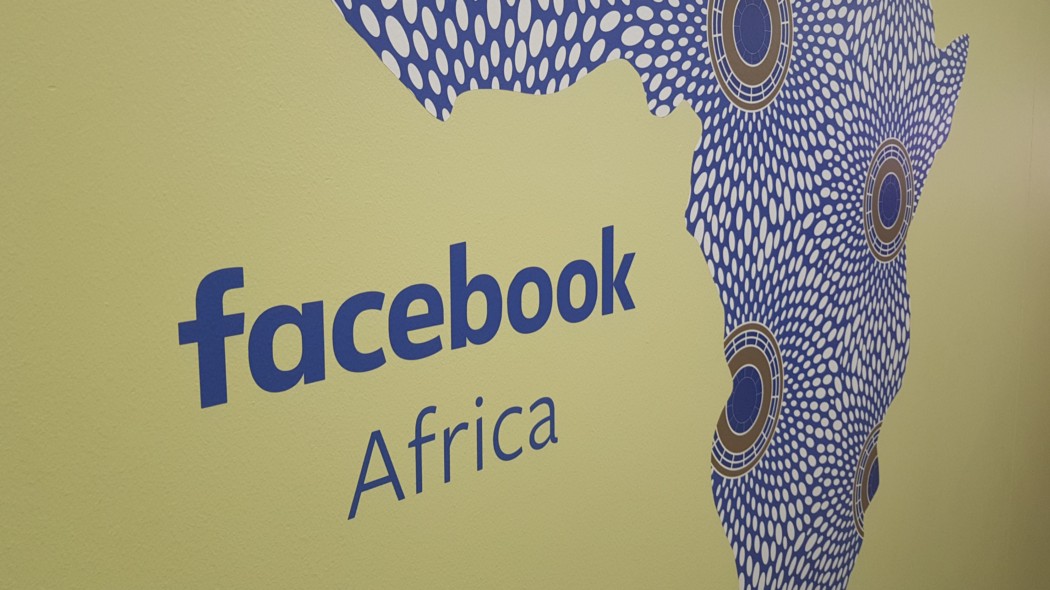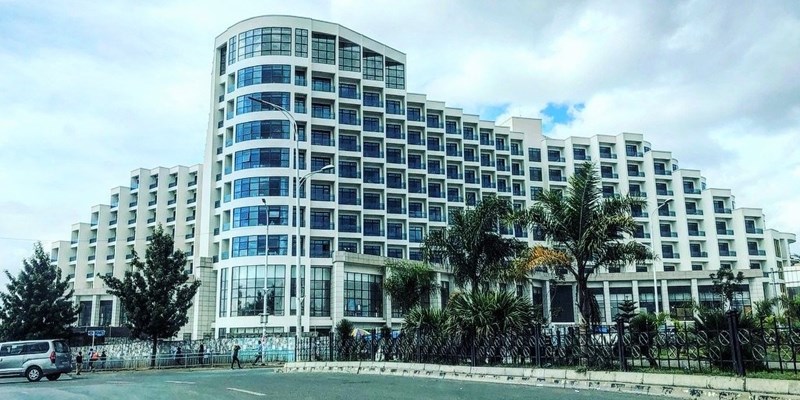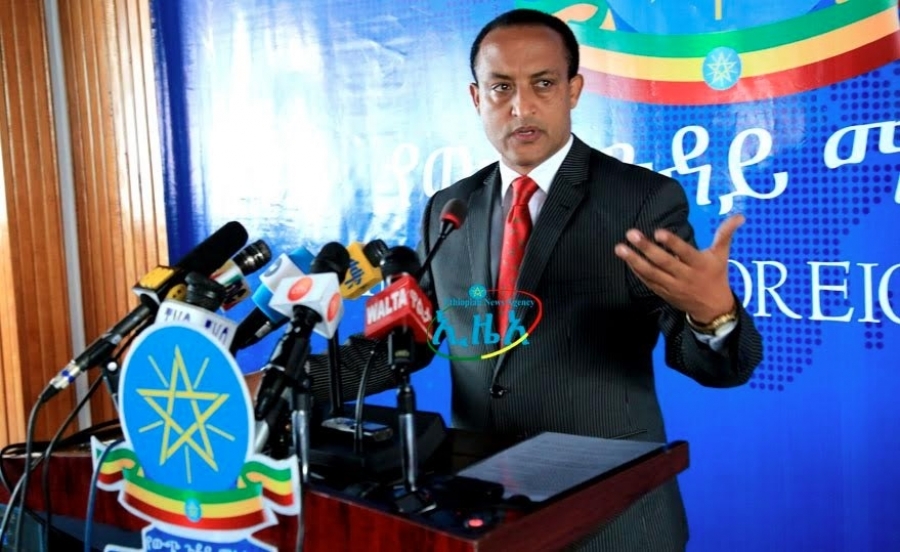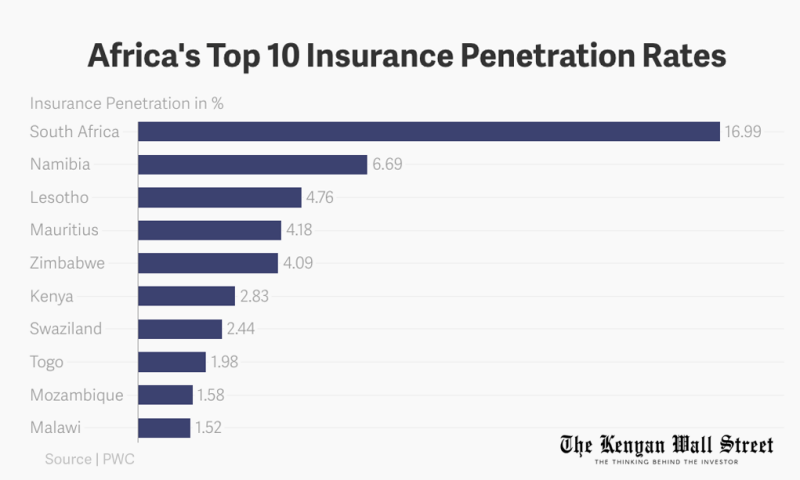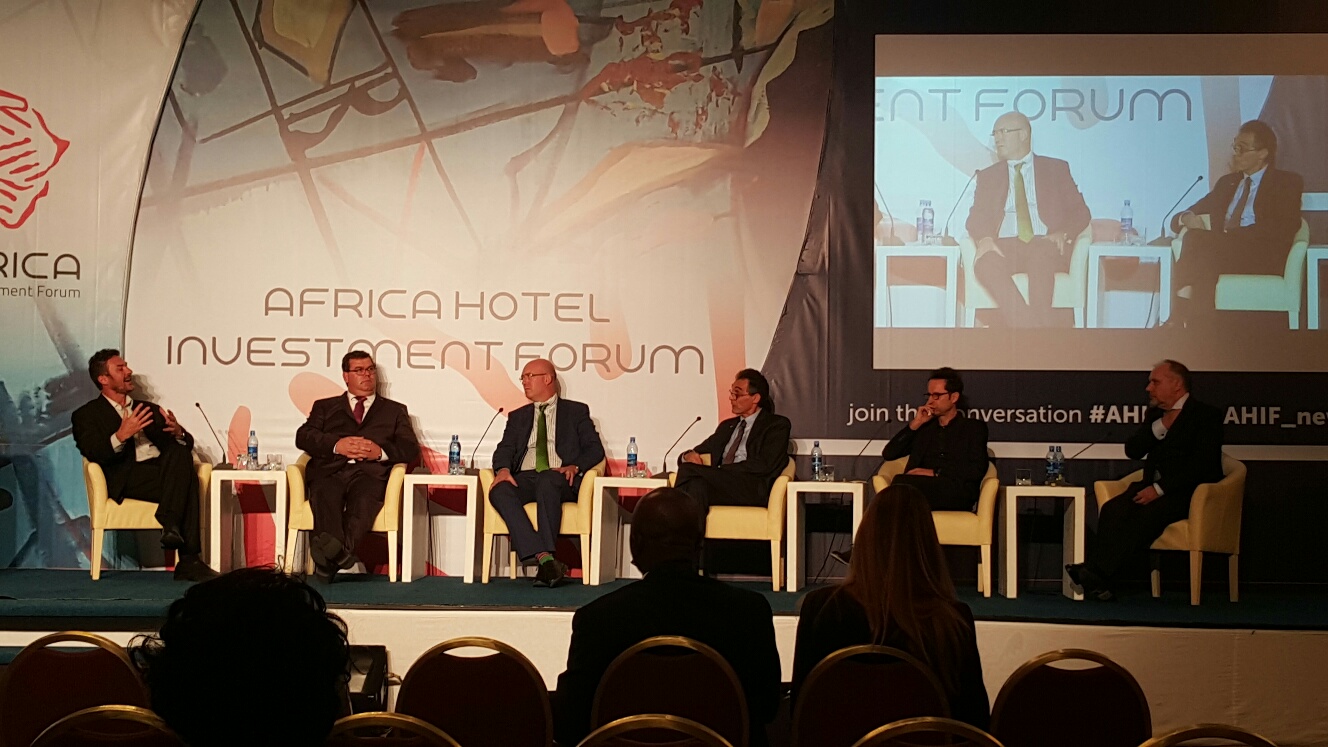Ethiopia Receives Germany’s Support to Stem Illegal Migration
As Ethiopia navigates one of the world’s most complex human mobility environments, with myriad social, economic, political and climatic factors driving the movement of people within and beyond its borders. The need to address these challenges comes to the fore.

According to the latest National Displacement report prepared by the International Organization for Migration (IOM), over 1.8 million people in Ethiopia remain displaced across some 1,350 sites. At least another 1.2 million are returning from displacement to some 1,300 villages. Not spared by the onset of COVID-19, Ethiopia also had recorded by mid-March over 175,000 COVID-19 cases. More than 2,600 people have died.
Read also:‘Africa to become global economy’s linchpin’ Says Ethiopian PM
Crucial among the development partners stepping forward to assist Ethiopia is the German government. Since 2019, Germany has provided financial support amounting to EUR 18 million for programming by IOM Ethiopia.
More than 280,000 crisis-affected persons are benefitting through life-saving assistance, including shelter construction and rehabilitation, access to safe water and sanitation, hygiene awareness, and site management support services in camp-like settings.
Read also:Facebook To Implement 16% Tax Regime On Businesses In Kenya From April 1, 2021
Four new Border Control Posts (BCPs) have been established and will go a long way toward reducing mobility restrictions and facilitating movement of goods, services and skills. Beyond commerce, IOM also views BCPs as vital for protecting people who may be prey to human smugglers and traffickers. The capacity of Ethiopia’s Department of Immigration (INVEA) also received a boost through the provision of equipment and training.
The funding, too, has been directed to the timely, safe, and orderly return of over 3,900 ex-combatants and their dependents who in 2018 were offered amnesty by the government.
Going forward, young Ethiopians will become the focus of a new initiative aimed at ensuring they are better informed of the risks and consequences of irregular migration. The onset of COVID-19 has also led to an increase in the number of returning migrants, some of whom have been forcibly repatriated, especially from the Arabian Peninsula.
Read also:South African Data Automation Startup Synatic Secures $1m In Seed Funding Round
IOM Chief of Mission in Ethiopia and Representative to the African Union and the Unite Nations Economic Commission for Africa, Maureen Achieng, commended Germany for its continued commitment to Ethiopia’s stability and development trajectory.
“Ethiopia continues to grapple with multiple challenges which in recent times have been compounded by the COVID-19 pandemic,” Ms. Achieng said. “In a context as challenging as this one, the importance of the support of a steadfast partner such as Germany, both for urgent humanitarian action as for longer-term development initiatives, cannot be overstated.”
Stephan Auer, Germany’s Ambassador, emphasized the importance of cooperation. “IOM is a decisive partner for our work in Ethiopia and beyond. With its vast experience as a humanitarian, peacebuilding, and development actor, IOM responds to some of the most important challenges in the country. Promoting safe and better migration and supporting vulnerable migrants remain some of our key priorities.
Kelechi Deca

Kelechi Deca has over two decades of media experience, he has traveled to over 77 countries reporting on multilateral development institutions, international business, trade, travels, culture, and diplomacy. He is also a petrol head with in-depth knowledge of automobiles and the auto industry















